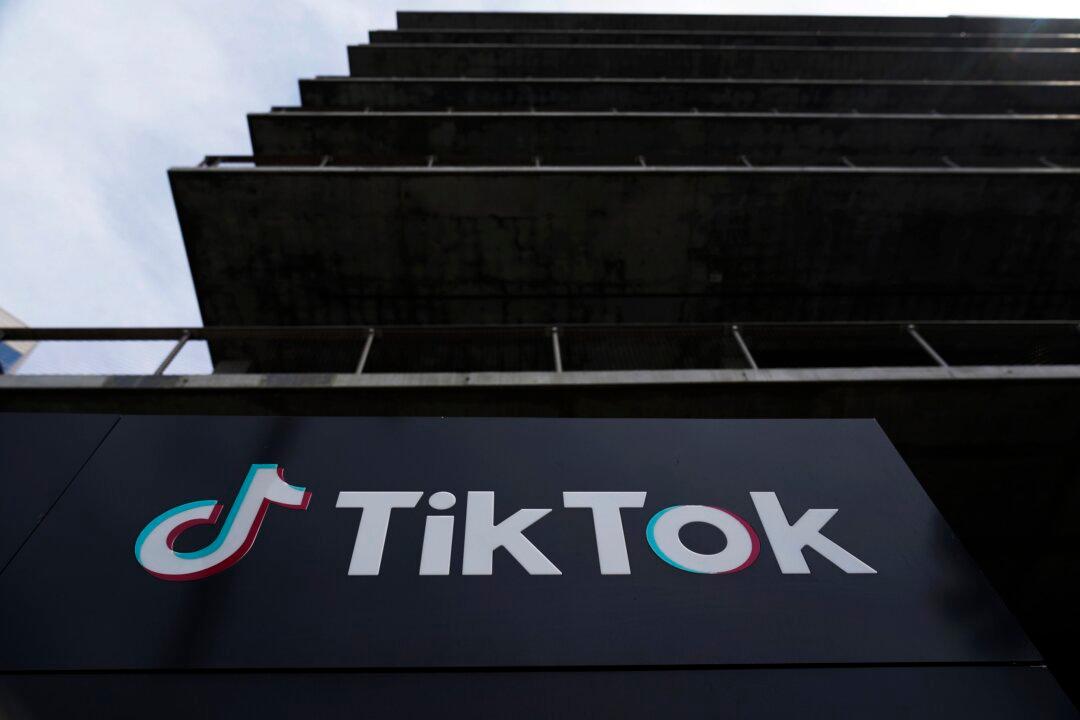THE HAGUE, Netherlands—The Netherlands is moving to stop central government employees having apps including popular video sharing service TikTok installed on their work phones, amid concerns over data security.
Countries including the United States and Britain, as well as the European Union ’s executive branch, have banned the use of TikTok on government staff phones over fears that its Chinese owner, ByteDance, could share user data with the authoritarian government in Beijing.





